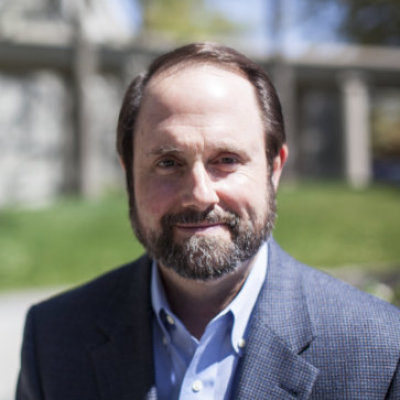Overnight millionaire in Tanzania uses wealth to better his community; how can you change your world?

Saniniu Laizer, a small-scale miner in Tanzania, became an overnight millionaire this week after finding the two largest tanzanite gemstones ever discovered. One weighed 20.3 pounds, the other 12.7. The largest tanzanite gemstone previously found weighed 7.3 pounds.
The miner sold them for approximately $3.4 million and plans to use his overnight wealth to build a school and a shopping mall to aid the poor in his community. He is leveraging his new wealth to lift his entire community.
Another small wonder
Later this summer, August 26 to be exact, would have been Mother Teresa 110th birthday. This diminutive powerhouse was a beacon of hope to almost everyone she met. She was born in Albania, lived some time in Ireland, but dedicated most of her life to serving the poorest of people in India. She did everything she could with the backdrop of poverty and recruited others to do even more.
She was recognized in her lifetime as an outstanding humanitarian. Her lifelong selfless acts of charity included giving the almost $200,000 Nobel Prize winnings to the poor of India. She died in 1997 and was canonized by the Catholic church almost exactly one year later.
Throwing starfish
Few of us will experience the quick wealth of that Tanzanian miner or the lifelong self-denial of that little Albanian nun. Many of us are at a loss on how to make a difference in the lives of others while facing racial strife, economic turmoil and unemployment, and an ever-spiking pandemic.
But, all of us can do something.
I’m reminded of the young girl throwing starfish back into the sea because they’d die on the beach as the tide was going out. With the enormity of the beach and the almost-countless starfish on it, she was asked if she realized the impossibility of making a significant difference.
The girl replied as she threw another starfish back in, “It made a difference for that one.”
With that in mind, what small things could you and I be doing that won’t necessarily solve the big issues of our day or be press-release worthy but would make a difference in the lives of people victimized by the economic climate, held captive by the pandemic’s contagiousness, or jaded by years of discrimination and unfairness?
Those of us with jobs and resources can share. Give an extra-generous tip to a waiter, a hairdresser, or a delivery person. Choose to patronize small or ethnic-owned businesses and local vendors who are especially impacted by the sluggish economy.
Perhaps you could pay someone’s electric bill this month. Maybe you could volunteer to stay with someone’s children one evening (or once a week for a couple of hours) and give parents a needed break. Blood banks and food banks are running critically low on supplies in many places. Give blood. Give resources.
But, even if we’re homebound or lacking in extra resources to share, we’re still without excuse. Send an email of encouragement to someone. Make a phone call to a person you know who is struggling and offer personal encouragement. Pray for people who are hurting. Send snail-mail—cards, letters or a little gift, maybe something homemade. Every act of attention and kindness pays huge dividends in the lives of people on the edge.
Holding the ropes
The apostle Paul benefitted from small acts of kindness of others. After he was struck blind and heard the voice of Jesus on the road to Damascus, nameless others led him by the hand to the house of a disciple in Damascus (Acts 9). Some of those who led him may have been the ones he was taking to Jerusalem to stand trial for belonging to “the Way.”
Once in Damascus, Ananias is called out by name to heal Saul’s blindness. Saul begins his transformation to Paul while being housed, protected, and taught by the disciples there. In time, the local Jewish authorities began to feel threatened by his declaration that Jesus was the Christ. When he was no longer safe there, nameless disciples lowered him down by rope in a basket through an opening in the wall to escape the watchful eyes of the authorities.
They held the ropes. It was a small, simple act on their part. But, without them, the authorities might have captured and killed the man we know today as the apostle Paul. At least thirteen of the twenty-six books of the New Testament were written by him. His impact on Christianity cannot be overemphasized.
And those who held the ropes for Paul that evening made an indelible difference through a small act of kindness and service. Who in your community, family, or neighborhood would benefit from you holding their ropes?
A friend of mine used to say, “Feed the fires that you want to grow. Don’t worry too much about stomping out the others.”
Which fires could you feed with a small act of kindness that might fan the flames of endurance, faith, and generosity?
Whose ropes could you hold that might make an eternal difference?
Originally posted at denisonforum.org




























